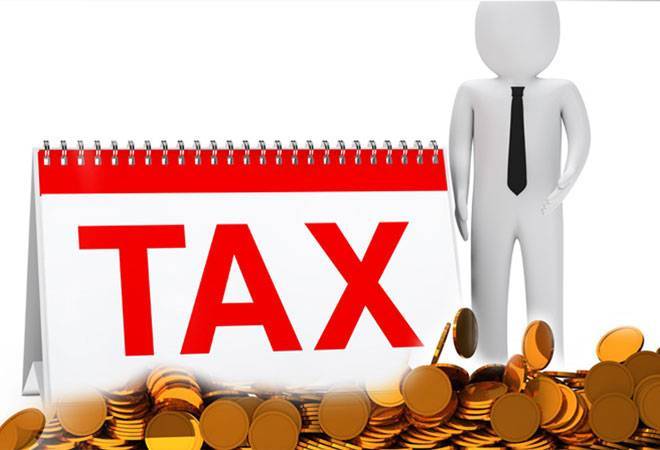House team to push for predictable tax policies

National Assembly’s Departmental Committee on Finance and National Planning has vowed to fast-track the process of achieving a predictable tax policy for the country in a move that
will contribute to lowering the high cost of living.
In reference to the previous committee and administration which to say the least stalled the process earning criticism from manufacturers, the chairman and Molo MP Francis Kimani said the committee is
currently consolidating views from stakeholders to achieve the goal.
“We are in the process of formulating a national tax policy. Overall, we want to make our environment predictable so that you can be sure with almost 100 per cent certainty what the tax rate is going to be
for a particular service or goods in the next 12 to 24 months,” he said.
Kimani was speaking yesterday at a public participation forum on the Statutes Miscellaneous (Amendments) Bill, 2023 and the Equalisation Fund Bill that was presented to the house by Tiaty
MP William Kamket.
Favourable tax rate
He said his committee is engaging stakeholders in a deliberate conversation to come up with the most favourable tax rate where businesses will pay without the temptation to evade taxes but are assured of continuation of their businesses while at the same time increasing revenue for the country.
“We have actually realised that there has been an assumption that increase in tax rate leads to increase in the revenues. But it has been scientifically proven that this is only up to a particular tax rate, beyond
which other increases in the tax rate lead to a reduction in the collection of revenue,” the legislator said.
Kenya Association of Manufacturers (KAM) is on record complaining of an unpredictable tax and fiscal
regime, which has led to frequent introductions of new taxes through Acts of Parliament.
This has led to adjustments on prices of manufactured commodities with the additional costs passed to consumers and fueling inflation. The committee had invited institutions, among them PriceWaterhouseCoopers Limited (PWC), Office of the Controller of Budget, The National Treasury and The Commission of Revenue Allocation (CRA) to share their views on the Bills.
PWC, in their submission through partner Job Kabochi, wanted the government to zero-rate taxes on export of services, to align with international best practice, but also to make Kenya’s services competitive on the world stage.
“As a country, we have tried to to position Kenya as a hub by attracting
various investors…we are not really big exporters because we don’t have a huge exporting base…if it is going to be expensive to sell those services to Kenyans than say procure them from competitor countries
like South Africa and Nigeria, then investors or buyers of those services will buy from those countries
because we are charging at an extra 16 per cent value added tax so it becomes uncompetitive
to procure our services,” Kabochi said.
Kimani said part of the submissions in the new tax policy proposals was to capture all stakeholder concerns such as PWC’s and include them in the Finance Bill, in the process to prevent the enactment of
numerous pieces of legislative Acts that would lead to expensive judicial action.
Pass legislation
“This business of taking each other to court is detrimental to both the government and the private
sector because if they go to court to contest a particular tax law and the courts take three
years and after three years they say that the business should pay the tax, and backdated for three years, the business gets to loose. So we are saying we can pass legislation and collect revenues in a way that doesn’t lead to judicial action,” Kimani said.










